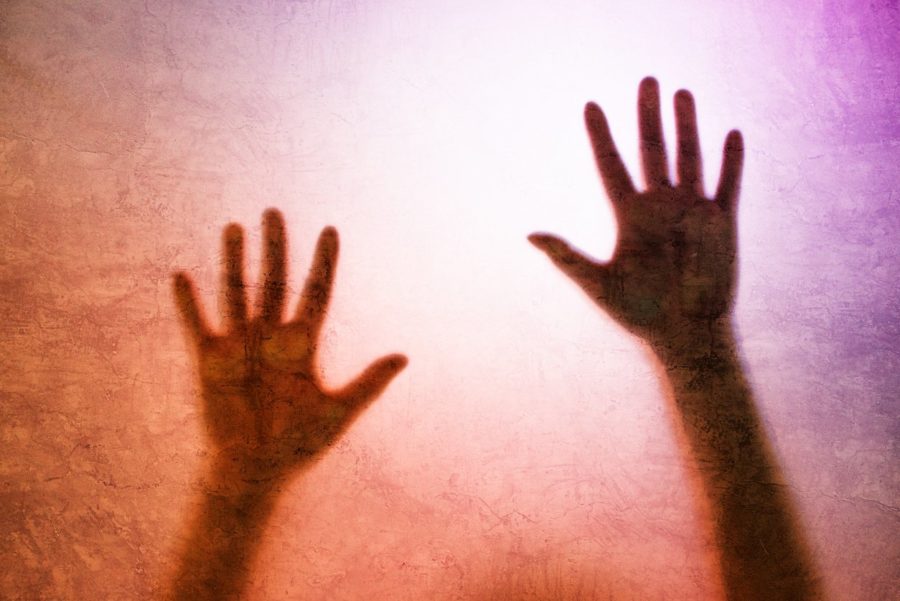Super Bowl raises awareness of a perpetual issue: Human trafficking
In 2014, a Texas attorney general referred to the Super Bowl as “The single largest human trafficking incident in the U.S.” Clear statistics are difficult to come by, creating confusion about the full extent of the problem. What is clear, is that the Super Bowl, Olympics, World Cup or any other event that brings a large influx of people also brings a rise in occurrences of, and arrests and advertisements for trafficking-related crimes.
Human and sex trafficking victims are hurt physically and psychologically. According to Leah Kaylor, from the John Jay College of Criminal Justice, “Many victims of human trafficking often do not self-identify as a victim initially. Some commonly blame themselves for what has happened. In these instances, seeking help may not be immediate. Additionally, sex traffickers often intentionally misidentify women and girls as “willing” participants in the sex trade, who make a free choice to be there. Finally, victims may not know their physical location and or may not speak or understand the local language.”
In addition to the public’s general obliviousness to the issue of sex trafficking, another danger is the preconceived notions that are held. The false picture that these women and children are being kidnapped and followed by a police chase, is simply not realistic. “Frequently, traffickers control their victims with beatings, drugs, or threats to their families,” Kaylor continued.
Sex trafficking could be an injustice that has never affected you or anyone you know, but it is necessary to be aware of the signs of trafficking and know the proper authorities to contact in order to report it. We have a tendency to “sweep things under the rug” when they do not interfere with our lives. However, we must expose what is happening, not only in these next few weeks, but continuing after the Super Bowl.
Minnesota is particularly vulnerable to human trafficking, according to the Department of Justice: “The District of Minnesota is unique. The Twin Cities—the largest metropolitan area in the Upper Midwest—lies at its heart with a major international airport, a popular tourist destination in the Mall of America, headquarters for more than a dozen Fortune 500 companies, and multiple major league sports teams and convention venues. In addition, a national border with Canada, an international shipping port in Duluth, and major interstates provide for the rapid transportation of goods and people.
“Minnesota boasts vast Indian reservations, and has been a magnet for refugee settlement and relocation of sizable Hmong, Somali, Ethiopian, Liberian, and other communities. As a result of the District’s unique geography, diverse population, and mix of agribusiness and other industry, there are multiple human trafficking vulnerabilities.”
Sex trafficking does not stop because you don’t notice it happening around you. It does not stop when it’s not broadcasted on the news everyday, and it does not stop because you don’t know anyone affected by it. It happens every day to so many women and men who are trapped in a psychological and physically damaging industry that has profited largely from consumers that surround you in your everyday life.
Sex trafficking is not just a state or national problem, it is a world problem. In order to stop this multi-billion dollar industry, we must actively work to expose this injustice and protect the women and men who are victimized. Ultimately, the solution starts with each person disregarding their personal prejudices, preconceived notions, and judgments about this issue.
A great opportunity is being offered for students to be active in this pursuit for justice. DeLaSalle High School has invited Holy Family students to participate in a march to raise awareness about the increase of human trafficking that occurs during large public events such as the Super Bowl. The march begins in the Florance Center at DeLaSalle on Thursday February 1 at 3:15 PM.


